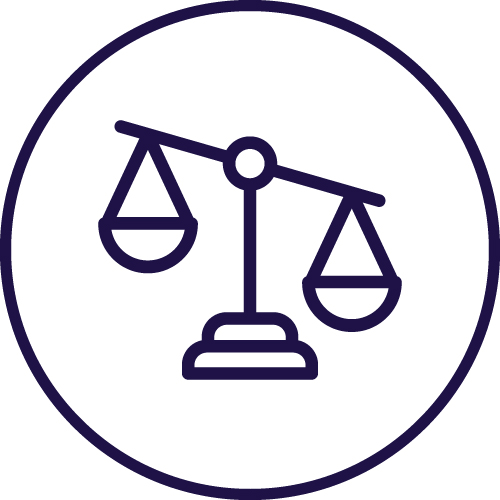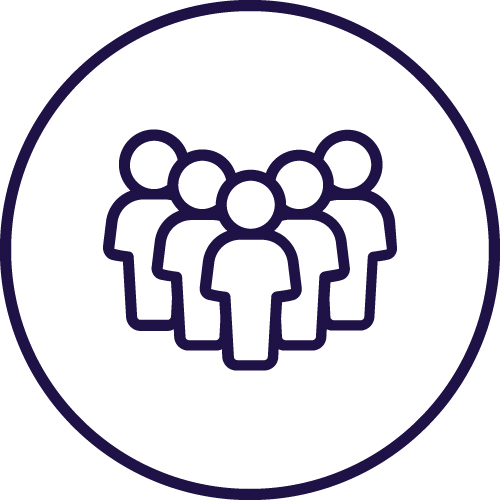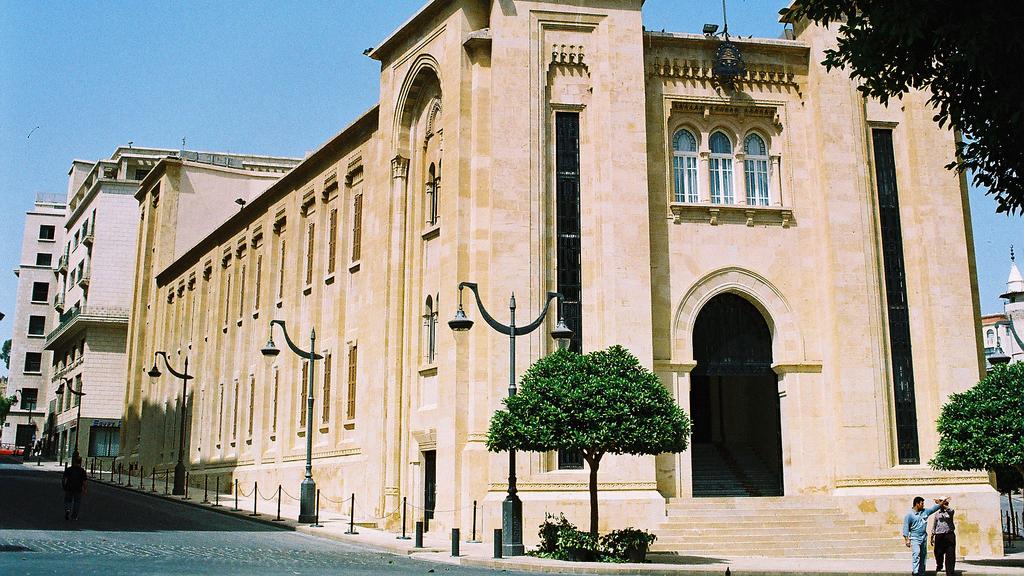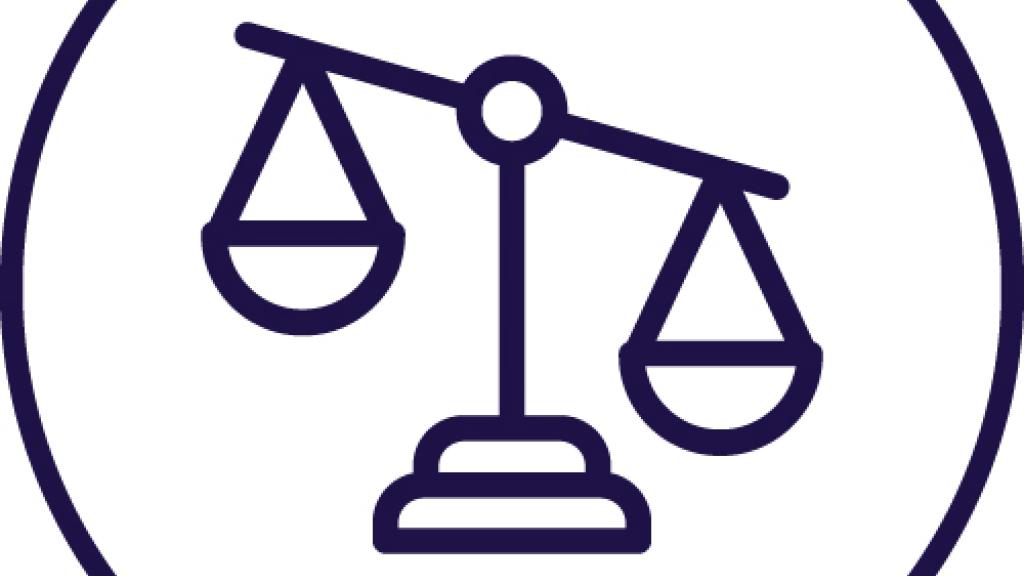Key areas of work
Current programme
Youth Inclusion in Parliamentary Work
Background
When people are excluded from political power, or if the real concerns of citizens are not addressed, then democracy is not living up to its promise. That is why inclusion is a central part of WFD work.
Through this programme, WFD aims to strengthen inclusion of the views, perspectives and concerns of youth in the work of parliament. By doing so, it is expected that parliament will become more responsive to the needs and concerns of youth, and better address young people’s issues in policy and legislation.
Programme objectives
WFD is supporting youth groups to ensure they have the necessary capacity, skills, and knowledge to engage effectively with parliament. This is achieved through training on parliamentary processes (such as the legislative process) and the importance of engagement, as well as training in advocacy and communication skills.
At the same time, we are working with parliament to strengthen its capacity and mechanisms for engaging youth on key policy issues.
The final phase of the programme seeks to foster collaboration between parliament and youth on key policy issues. Four youth groups have drafted amendments to significant legislation. However, due to the 2024 autumn war (23 September-27 November), they have not yet had the opportunity to present these amendments to parliament.
Completed programmes
Strengthening Democratic Mechanisms for Reform, Accountability and Dialogue ( 2019 – 2022)
Under this programme, WFD worked with the Lebanese parliament to improve the extent to which parliament made services and information accessible to citizens, for example through online tools. Our programme also promoted human rights and gender equality, working with the parliament to advance policy changes that are in line with human rights standards. Finally, WFD worked to ensure politicians and state institutions are able and willing to tackle urgent national challenges and work on reforms to improve the country’s stability
Elections Skills Programme (January 2017 - March 2018)
This programme was implemented jointly with the National Democratic Institute. It aimed to build the skills and confidence of first-time candidates to run effective and inclusive parliamentary elections campaigns. Through a series of tailored workshops and individual consultations, 100 first-time candidates from across the political spectrum were equipped with critical campaign skills. First-time women candidates gained skills in how to address challenges specific to women’s political participation. Candidates with a high potential for winning a seat in the parliament also benefitted from mentoring from visiting British politicians.
More completed programmes
Key results

Supported women leaders and strategic planning
A three-year strategic action plan for the Women and Children Committee was developed with WFD’s support, the first of its kind in the Arab region. This contributed towards advancing sexual harassment legislation, which is now law.
Furthermore, The Women and Children Committee proposed amendments to the bill on protecting minors from alcohol and submitted a draft law on protecting children from harmful internet content.

Supported a more effective parliament
Established the Arab Institute for Parliamentary Training and Legislative Studies and helped develop a three-year business plan for the training center. The Parliament also established a Bill tracking System (BTS) enabling citizens to monitor the progress of bills through parliament.

Made parliament more open to citizens
Development of a communication strategy and outreach plan for the parliament, including e-public consultation and the design of a new website that is more inclusive and interactive.

Helping end violence against women and girls
After WFD’s support to women legislators, new amendments to clauses in the Lebanese Penal Code and the Domestic Violence Law were proposed. Penal code art. 522 allowing men who had been convicted of sexual assault, abduction, or statutory rape against a woman to avoid penalty if they married the victim, was repealed.
Empowered Youth Parliament
Provided Lebanon’s newly elected Youth Parliament with capacity building about Parliament, its functions, and procedures.
Developed E-governance
CSOs formed a coalition known as the Digital Transformation and Governance Network (DTGN). Through WFD’s issue-based and supportive organisational development approach, DTGN experts are now seen as the ‘go to’ contact by parliamentarians for information and analysis on e-governance issues.

Facilitated the first public hearing
In 2022, in collaboration with the Women and Children Committee, WFD designed and supported delivery of the first ever public hearing in the history of the Lebanese Parliament. This hearing addressed the economic security of women in Lebanon amid multiple crises. Civil society noted this change in practice as a positive step in the parliament’s openness to civil society engagement.




